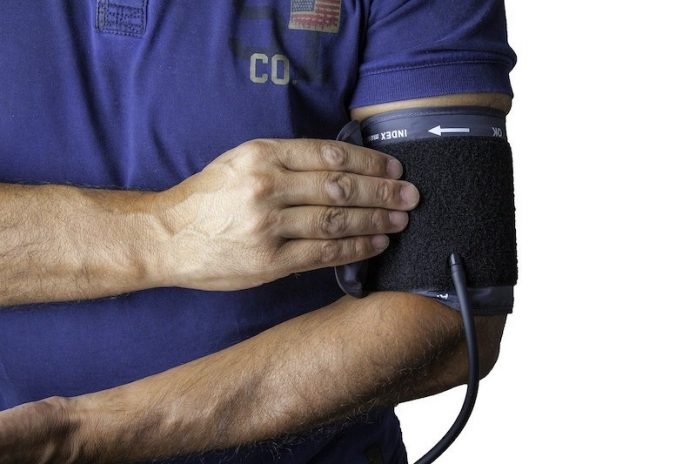
In a recent study published in BMC Medicine, researchers found that while the link between several mid-life heart risk factors and dementia was similar for both sexes, for blood pressure it was not.
They found that both low and high blood pressure were associated with a greater risk of dementia in men, but for women, the risk of dementia increased as blood pressure went up.
The results suggest a more tailored approach to treating high blood pressure could be more effective at preventing future cases of dementia.
The study is from George Institute. One author is Jessica Gong.
Dementia is fast becoming a global epidemic, currently affecting an estimated 50 million people worldwide. This is projected to triple by 2050—mainly driven by aging populations.
Rates of dementia and associated deaths are both known to be higher in women than men.
In the absence of big treatment breakthroughs, the focus has been on reducing the risk of developing the disease.
Heart risk factors are increasingly recognized as contributors to different types of dementia.
In the study, the researchers used the UK Biobank, a large-scale biomedical database that recruited 502,489 Britons aged 40-69 years (free from dementia at study initiation) between 2006 and 2010.
They found that current smoking status, diabetes, high levels of body fat, having had a prior stroke, and low socioeconomic status were all linked to a greater risk of dementia to a similar degree in women and men.
But when it came to blood pressure, the link with dementia risk between the sexes was different. Although the reason for this wasn’t clear, the team suggested some possible explanations.
Biological differences between women and men may account for the sex differences we saw in the relationship between blood pressure and the risk of dementia.
There may also be differences in medical treatment for hypertension. For example, women are less likely to take medication as prescribed by their healthcare provider than men and may be taking more medications and experiencing more side effects.
The team says while there are no effective treatments for dementia, trying to reduce the burden of the disease by encouraging healthier lifestyles is the priority, and the strongest evidence points to blood pressure management.
If you care about dementia, please read studies about this food nutrient may help lower risk of Alzheimer’s, dementia and findings of this type of antibiotic drug may effectively treat common dementia.
For more information about dementia prevention and treatment, please see recent studies about this common brain disease could lead to dementia, stroke and results showing a new treatment for depression, anxiety.
Copyright © 2021 Knowridge Science Report. All rights reserved.



